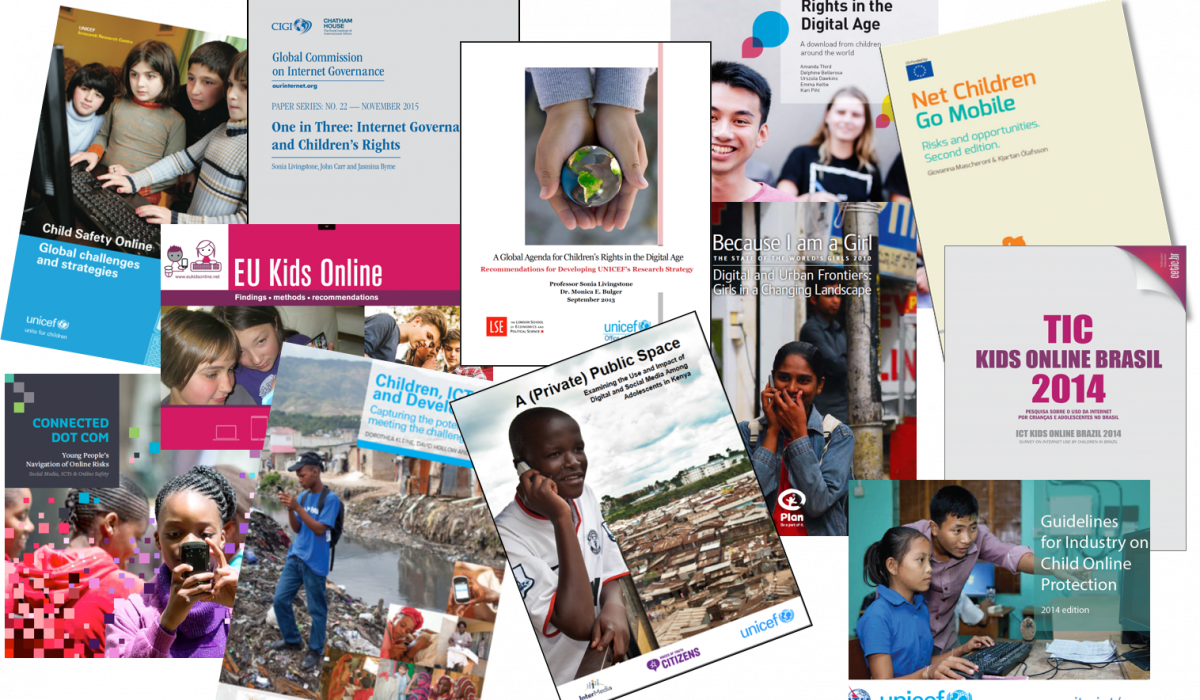Children predominantly access the internet at home and through mobile devices, suggests our recent pilot study in Argentina, Serbia, South Africa, and the Philippines, which we discussed at the ECREA pre-conference on Research of Children, Youth and Media last week. Children in all four countries report that they most frequently go online at home, with over 90 per cent in Argentina, Serbia and South Africa and 62 per cent in the Philippines doing so.
Children in all four countries report that they most frequently go online at home, with over 90 per cent in Argentina, Serbia and South Africa and 62 per cent in the Philippines doing so. Access to the internet through schools is not as common, with children from Serbia accessing the internet only in 20 per cent of the cases, while in other countries it ranged between 50 and 60 per cent. Not surprisingly, children use smartphones most to go online.
Mobile access may be positive in terms of flexibility of use, enhancing children’s opportunities for private or personalised benefits. But it can also reduce parents’ and caregivers’ chance to support children as they explore the internet. Moreover, the small screen limits the amount and complexity of content that can be readily viewed, and because of its privacy it may be associated with risk.
We also found that most children who use the internet say they learn something new online at least every week. In Argentina, it is common to look for information about work or study opportunities online, more so than in other countries. Around one third of children in Serbia and South Africa and one quarter in the Philippines look for health information online at least every week.
It seems children are gaining information benefits from internet access. However, more research is needed to know whether they have access to the range of high quality information that they may need and whether they are successful in finding what is available.
You can download the presentation of our findings and find out more about the pre-conference on Research of Children, Youth and Media.
The key comparative findings are available in the Research Synthesis report and are summarised in the Executive summary.
Highlights are also presented in our recent posts for Parenting for Digital Future, the Conversation, and UNICEF Office of Research – Innocenti.
You can sign up to receive the latest research news from Global Kids Online by email.
Post author: Mariya Stoilova








